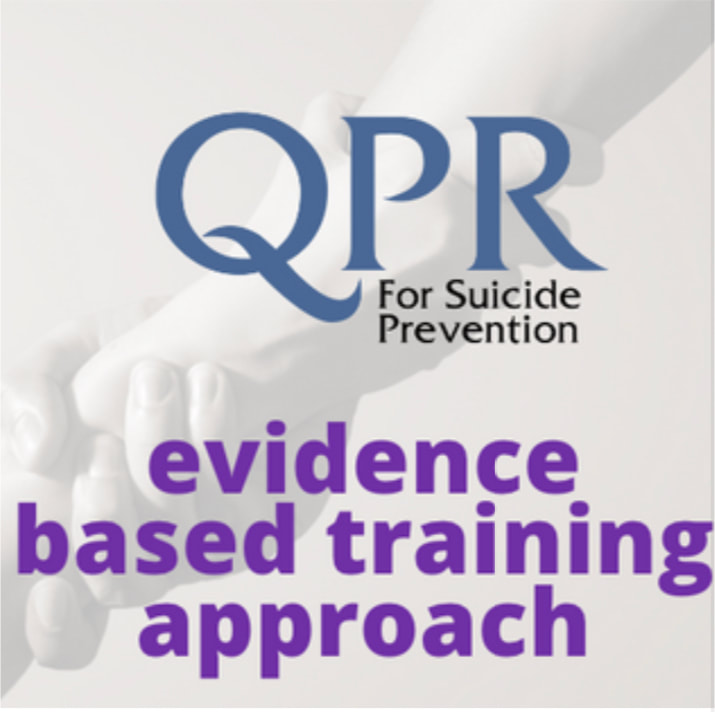|
By Sydney Morales 78 year old Louis is a Philadelphia native. Louis and his wife Cassandra met later in life through mutual friends, and got married when they were both 70 years old. They recently moved to Detroit, as this is where Cassandra was from, and she wished to be closer to her children and grandchildren. Around 8 months after their big move, Cassandra passed away due to extreme complications with her Type 2 Diabetes. Since they had spent most of their married life in Philadelphia, Louis had a distant relationship with his late wife’s family and lost touch with them some months after her death. The grief of becoming a widow has had a deep negative impact on his mental health, and now he feels isolated because he lacks a support system and community. He never had children of his own, and although his extended family has offered to take care of him, he feels as though saying yes might create a burden on them. Louis' thoughts about ending his life only seem to increase with time. He sees no other way out of the loneliness and pain of losing his dear Cassandra. He expresses some of these feelings to a nurse at his primary physician’s doctor, during one of his check ups. The nurse identified some of his language as a suicide risk sign. After asking more about his situation, the nurse was able to assist Louis in finding a community center near him that offers group grief counseling. At the community center, he is able to connect with others through counseling and other events. Despite deeply missing his wife, Louis is no longer considering ending his life.
What can we do to prevent this? The most successful way to assist someone who might be struggling is by increasing their hope. The QPR suicide prevention training approach teaches that the three pillars for suicide prevention are question, persuade, and refer. In order to help someone in crisis we must ignore our often aggressive reactions like saying, “you don’t mean that” to someone who hints at ending their life. Instead, we must listen and learn both direct and indirect ways to gently ask if the person has been thinking about suicide. This approach also teaches that it is important to follow these questions up by persuading individuals by reassuring them there are other solutions to their issues. Finally, it is important to close the circle by referring someone to get resources, as the nurse did with Louis.
Source: https://www.ncoa.org/article/suicide-and-older-adults-what-you-should-know
1 Comment
|



 RSS Feed
RSS Feed